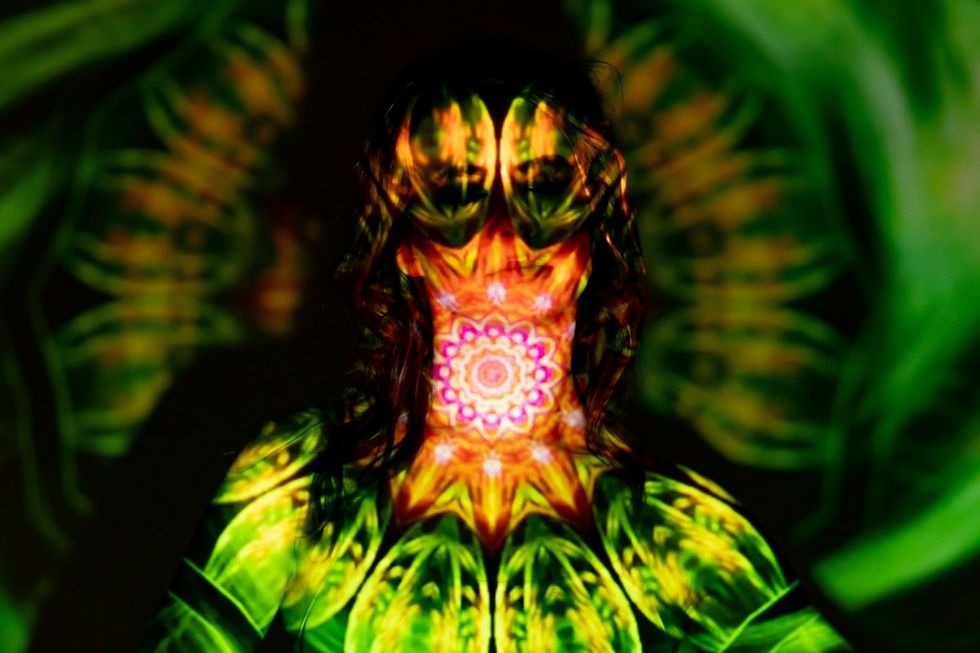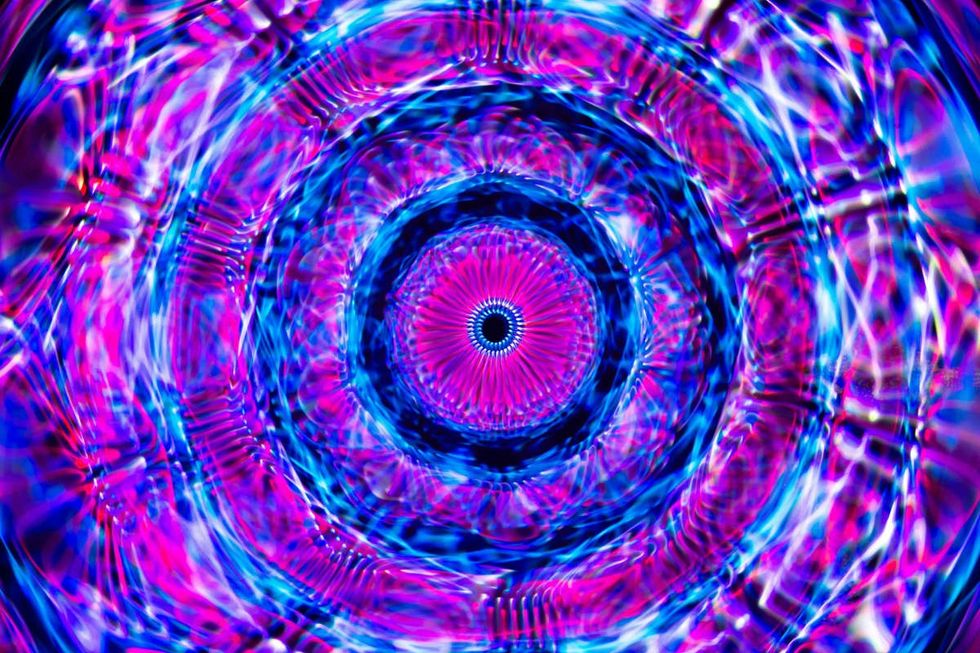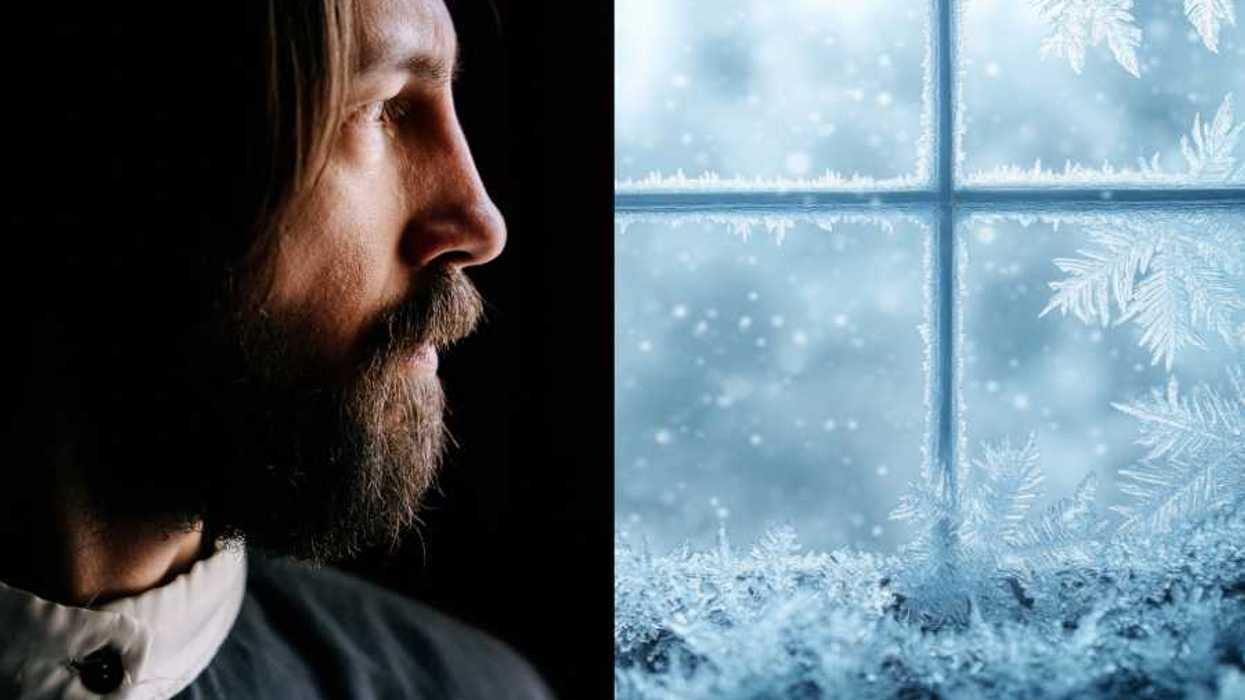Scientists and psychologists have long been intrigued by the intersecting concepts of “brain,” “mind,” and “consciousness.” While the brain is a physical organ designed like a computer with trillions of neurons glowing inside it, the mind is considered an invisible entity that governs our emotions and thoughts. However, when it comes to consciousness, the understanding becomes a bit hazy; especially regarding the tricky question: Does consciousness prevail after death? In an episode of the Shawn Ryan Show podcast (@ShawnRyanShow), published July 22, 2024, parapsychologist Edwin C. May ponders on this question and contemplates concepts like near-death experiences and ghosts.

May is an American physicist and parapsychologist, notable for his direction of the US government-funded Star Gate remote viewing research program. According to War History Online, the Stargate Project was a multimillion-dollar program and secret US military unit launched by the Central Intelligence Agency (CIA) during the peak of the Cold War, to try to read the minds of Russian Soldiers and defeat them. Project Stargate included reading other people’s thoughts telepathically and predicting the future through psychokinesis and Extrasensory Perception (ESP).
In this episode, May opened up about topics like psychokinesis, Stargate, Heaven’s Gate cult, near-death experiences, and consciousness among others. The main idea he conveyed through his talk is that he believes that “consciousness dies with the body,” and that there is no afterlife. The video has garnered over 440,000 views and more than 2,000 comments in less than a month.

At about one hour and thirty-three minutes into the episode, the host Shawn Ryan asked May, “What do you think happens when we die?” In reply, May just said, “Nothing.” Shawn questioned do humans just die, and lights go out, to which May replied, “Done a lot of reading and most neuroscientists believe that consciousness is an outgrowth of the brain, an emergent property of the brain, and if that’s true, consciousness cannot survive burning the brain in crematorium after the death.”
Shawn then went on to ask him if he had ever looked into any near-death experiences. May responded by saying that although he hasn’t looked into near-death experiences personally, he has certainly looked into the research about these. He also shared the name of an organization that does this kind of research. “There’s an organization called the Templeton Foundation,” he said, and added, “They spend $5 million on research labs all over the world to address near-death experiences. Templeton is well known for spiritual things like that.”

As an example, he recounted a person named Joe who had three to four near-death experiences and who felt the rain slipping through his fingers and he saw the light too. In a YouTube video, therapist Laci Green described that even though no one truly knows what happens when someone dies, many people seem to witness the 'white light' on their deathbed. May added that a near-death experience is real like people seeing lights on their deathbeds, they cannot yet be explained. “We may not be able to solve these questions like what is the meaning of life and serious questions like that,” he said in the video.
He related that Jews didn’t believe in the afterlife, while Egyptians did. But no one has any solid evidence about these concepts as of now. One research has shown that consciousness derives from quantum vibrations in microtubules, protein polymers inside brain neurons. And if so, then it implies that consciousness dies once the brain dies. But if the consciousness is a feature of the mind, then it may not die after the death.

Unlike May, some experts believe that death is not the endpoint of consciousness. Sam Parnia from New York University Langone Medical Center, spoke to The New York Academy of Sciences, explaining the possibility that the brain may not produce the entity called “mind” or consciousness. It’s certainly possible that there’s another layer of reality that hasn’t been discovered that’s essentially beyond what scientists currently know of the brain, and which determines humans’ reality. Hence consciousness may still be there after the person dies. But like death, consciousness is an unsolved mystery case for now.


















 Winter weather.
Winter weather. 

 In the past two years, two malaria vaccines have become available for babies starting at 5 months of age.
In the past two years, two malaria vaccines have become available for babies starting at 5 months of age. By exploiting vulnerabilities in the malaria parasite’s defense system, researchers hope to develop a treatment that blocks the parasite from entering cells.
By exploiting vulnerabilities in the malaria parasite’s defense system, researchers hope to develop a treatment that blocks the parasite from entering cells. Created with
Created with 
 Tasks that stretch your brain just beyond its comfort zone, such as knitting and crocheting, can improve cognitive abilities over your lifespan – and doing them in a group setting brings an additional bonus for overall health.
Tasks that stretch your brain just beyond its comfort zone, such as knitting and crocheting, can improve cognitive abilities over your lifespan – and doing them in a group setting brings an additional bonus for overall health. Overdoing any task, whether it be weight training or sitting at the computer for too long, can overtax the muscles as well as the brain.
Overdoing any task, whether it be weight training or sitting at the computer for too long, can overtax the muscles as well as the brain.

 Amoxicillin is a commonly prescribed broad-spectrum antibiotic.
Amoxicillin is a commonly prescribed broad-spectrum antibiotic.  Chart: The Conversation, CC-BY-ND
Chart: The Conversation, CC-BY-ND
 Counterintuitively, social media can make you feel more bored and lonely.
Counterintuitively, social media can make you feel more bored and lonely. Talking about what you’ve read can add a social dimension to what can be a solitary activity.
Talking about what you’ve read can add a social dimension to what can be a solitary activity. 